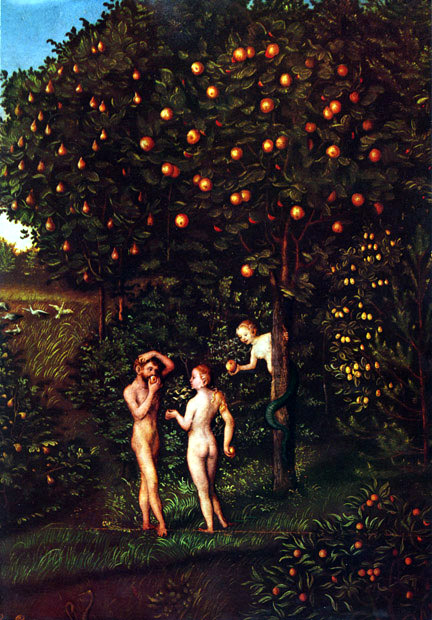My question remains.
Your position, if I understand it, is that--babies and wolf-boys aside--practically everybody understands sin and agrees on the meaning.
I'm asking this: What is this meaning of sin that most people understand and agree upon.
I'm not one of the people who understands a common meaning, so I'm asking.
Since you're saying you didn't understand the biblical context, even though you were exposed to a Christian (of sorts) environment. Sin means going against God, against Jesus, against Gods ways and Laws. We can determine here, some of our forum friends seem to acknowledge this.
I assume you mean the Christian god, since that's your religion, but what about all the other gods and the rules they have? Plus, why does your god have such a big ego that their most important sin is not believing he exists, assuming he's a male god. It's odd that a god would have a gender, but I digress.
According to the biblical theology, people were worshipping
false gods, i.e. the narrative being... there could
only be one ultimate creator. What about all the other gods? That's an interesting question, because you could be talking of the conceptual idea that 'many gods would always have existed at the exact
same time', or they came into being at the same time, like magic - therefore all gods are equal.
An inventor or
creator of a new concept, idea or 'material built thing' is usually called the father
of that new concept or material thing (unless its a woman of course). I suppose gender came about when a second human
type arrived on the scene, as it's written.
Shouldn't your god be doing things to help people? And, if they really did exist, why not appear and make it easier for people to believe. Why this silly game of taking it on faith?
Jesus did, by feeding the poor and hungry, healing the sick, teaching to love your neighbor... but that didn't do it for those who wanted to do the opposite, wanting him dead and gone.
Just read the stuff in this really old book that was put together long before we knew about evolution and we still thought the earth was flat.
Quite simply, each generation describes their world environment, through their scope of understanding, in that timeline they're living in. Which obviously should mean, I
wouldn't expect to
see them write about the biblical God, creating the earth describing in a
futuristic 'language & knowledge description' we know today, about the earth with modern terminology. Reminds me of the verses Daniel 12:8-10
8. And I heard, but I understood not: then said I, O my Lord, what shall be the end of these things? 9. And he said, Go thy way, Daniel: for the words are closed up and sealed till the time of the end. 10. Many shall be purified, and made white, and tried; but the wicked shall do wickedly: and none of the wicked shall understand; but the wise shall understand.
If your religion makes you a better person, and gives you community, that's good, but the problem I see with your type of Christianity is that it's too
obsessed with belief instead of good works and being a positive role model for others.
So therefore by your statement, there IS a type of Christianity unlike "my type" that
do good works and
are also positive role models for others? If being the case that my type is a problem, on the whole-scheme-of-things, this would be fine, as long as the Gospel message is out there, given by the positive role model types!
Anyway......getting back to sin, I've learned that many Conservative Christians in the South do dance, drink, play cards, gamble, and I've even known one that smoked weed with her atheist son. She was a Pentecostal, and a very nice woman. Different sins for different Christians. Do you see where some of us are coming from? I think you mean well, but your beliefs don't make sense and a lot of us have studied them for years.
Yes well people have studied the Bible for years sure but we don't see things the way we saw them 10 years later. Christian from all backgrounds are still doing the research continuously, and have found better understanding and new discoveries, you may not notice them like you would notice big Church TV.

